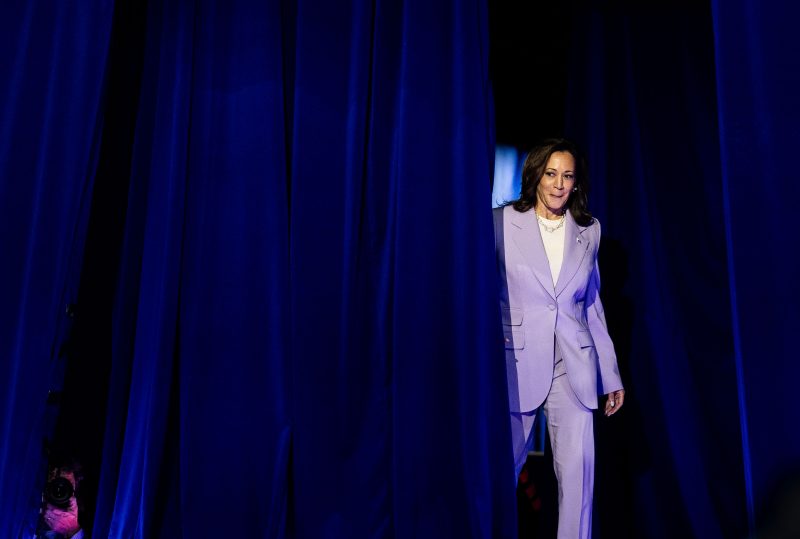The article:
In a surprising move, Senator Kamala Harris has recently expressed her support for eliminating taxes on tips, a proposal that could potentially impact millions of workers in the service industry. This comes just weeks after former President Donald Trump also made a similar pledge, sparking a debate on the potential implications of such a policy change.
The issue of taxing tips has long been a contentious one, with advocates arguing that tipped workers should be able to keep the full amount of their gratuities as part of their earnings. Currently, tips are considered taxable income by the Internal Revenue Service (IRS), and workers are required to report their tips to their employers for tax purposes.
Senator Harris’s endorsement of eliminating taxes on tips has received mixed reactions from various stakeholders. Supporters of the proposal believe that it would provide much-needed relief to low-wage workers who rely heavily on tips to make ends meet. By allowing workers to keep all their tips tax-free, they argue that it would help to boost the incomes of those in the service industry.
However, critics of the idea have raised concerns about the potential loss of tax revenue for the government. Taxes on tips are estimated to generate billions of dollars in revenue each year, and eliminating them could create a significant budget deficit. Opponents also argue that taxing tips is a way to ensure that all workers contribute their fair share to funding government programs and services.
The timing of Senator Harris’s announcement, coming so soon after Trump’s similar pledge, has also raised questions about the political motivations behind the proposal. Some view it as a strategic move to appeal to a broader base of voters, particularly those in the service industry who may be swayed by promises of increased take-home pay.
It remains to be seen whether Senator Harris’s proposal to end taxes on tips will gain traction and be taken up by Congress. The issue is likely to spark further debate and scrutiny as lawmakers weigh the potential consequences of such a policy change on both workers and the government’s bottom line.
